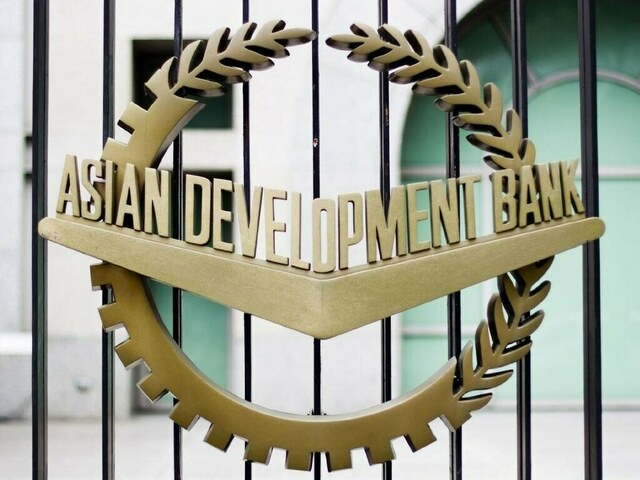ISLAMABAD: Political uncertainties, security issues, and external shocks continue to threaten Pakistan’s moderate economic recovery, says the Asian Development Bank (ADB).
“Structural and institutional factors, as well as issues such as cumbersome land acquisition procedures, procurement delays, lack of counterpart funds, and currency and price fluctuations, affect project readiness, implementation, and outcomes,” said the bank in its member fact sheet.
Regular tripartite portfolio review meetings among ADB, the government, and executing agencies are helpful in addressing these project-related issues, it added.
Pakistan’s tax-to-GDP ratio lags due to narrow tax net, informal economy: ADB
Continued fiscal consolidation and policy reforms are key to improving Pakistan’s macroeconomic recovery and stability. Particularly important are efforts aimed at broadening the tax base; reforming state-owned enterprises; improving health, education, and climate resilience; and improving private sector engagement. Reforms are required to promote high value exports; expand social spending; reinforce the energy sector’s governance and sustainability; and implement structural reforms that will strengthen institutions, bring transparency, and create jobs, the bank added.
As of 31st December 2024, the ADB has committed 764 public sector loans, grants, and technical assistance totaling $43.4 billion to Pakistan. The ADB’s current sovereign portfolio in Pakistan includes 53 loans and three grants worth $9.13 billion.
The ADB provided financing for several sovereign projects in 2024 involving climate and disaster resilience, energy, post-disaster reconstruction, public–private partnerships, social protection, and transport. The ADB committed a $500 million policy-based loan for the Climate and Disaster Resilience Enhancement Program (Subprogram 1).
The programme will strengthen Pakistan’s institutional capacity for planning, preparedness, and response while increasing inclusive investment in disaster risk reduction and climate resilience. As a part of ADB’s multifaceted commitment to provide $1.5 billion in total assistance from 2023 to 2025 for Pakistan’s 2022 flood recovery efforts, ADB approved a $400 million concessional loan for the Sindh Emergency Housing Reconstruction Project to help rehabilitate flood-damaged houses and community infrastructure and support livelihood recovery.
Total outstanding balances and undisbursed commitments of ADB’s non-sovereign transactions in Pakistan as of 31 December 2024 amounted to $234.94 million, representing 1.82 per cent of ADB’s total private sector portfolio. Cumulative sovereign and non-sovereign loan and grant disbursements to Pakistan amount to $33.44 billion. These were financed by regular and concessional ordinary capital resources, the Asian Development Fund, and other special funds.
The forthcoming country partnership strategy for Pakistan covering 2026–2030 will identify key challenges and development requirements, support the government in implementing key structural reforms, and boost economic resilience through a robust pipeline of public–private partnership and private sector development projects. The pipeline will focus on mitigating the impacts of climate change, investing in the social sector, digital transformation and good governance, and developing climate-smart infrastructure.
Copyright Business Recorder, 2025
